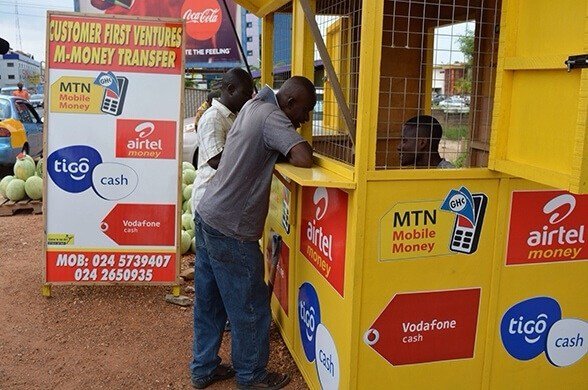The Minority has said a 1.75% levy to be imposed on mobile money services and electronic transactions will undo the progress made with cashless transactions.
Speaking to the press on Wednesday, November 17, 2021, after Finance Minister, Ken Ofori-Atta, presented the 2022 budget, Minority Spokesperson on Finance, Cassiel Ato Forson said the new levy will “only increase hardship and compromise inward remittance.”
He said the Minority will thus “stand by Ghanaians in opposing the momo tax.”
The 1.75% levy will be imposed on transactions covering mobile money payments, bank transfers, merchant payments, and inward remittances.
The Finance Minister, Ken Ofori-Atta said the levy is aimed at enhancing financial inclusion and protecting the vulnerable.
The levy will be waived for transactions that amount to GHS 100 or less in a day, or approximately GHS 3,000 per month.
READ ALSO: Ghana in deep crisis! 2022 budget not responsive to pressing economic issues – Minority
The government says portions of revenue collected from the levy will be used to support entrepreneurship, youth employment, cybersecurity, digital, and road infrastructure among others.
It is the expectation of the government, that the implementation of the new policy will come into force effective January 1, 2022, if the appropriation is passed.
“Government will work with all industry partners to ensure that their systems and payment platforms are configured to implement the policy”, the Finance Minister said.
He said the total value of transactions for 2020 was estimated to be over GHS500 billion as compared to GH¢78 billion in 2016, while total mobile money subscribers and active mobile money users have grown by an average rate of 18% and 16% respectively between 2016 and 2019.





